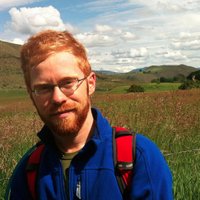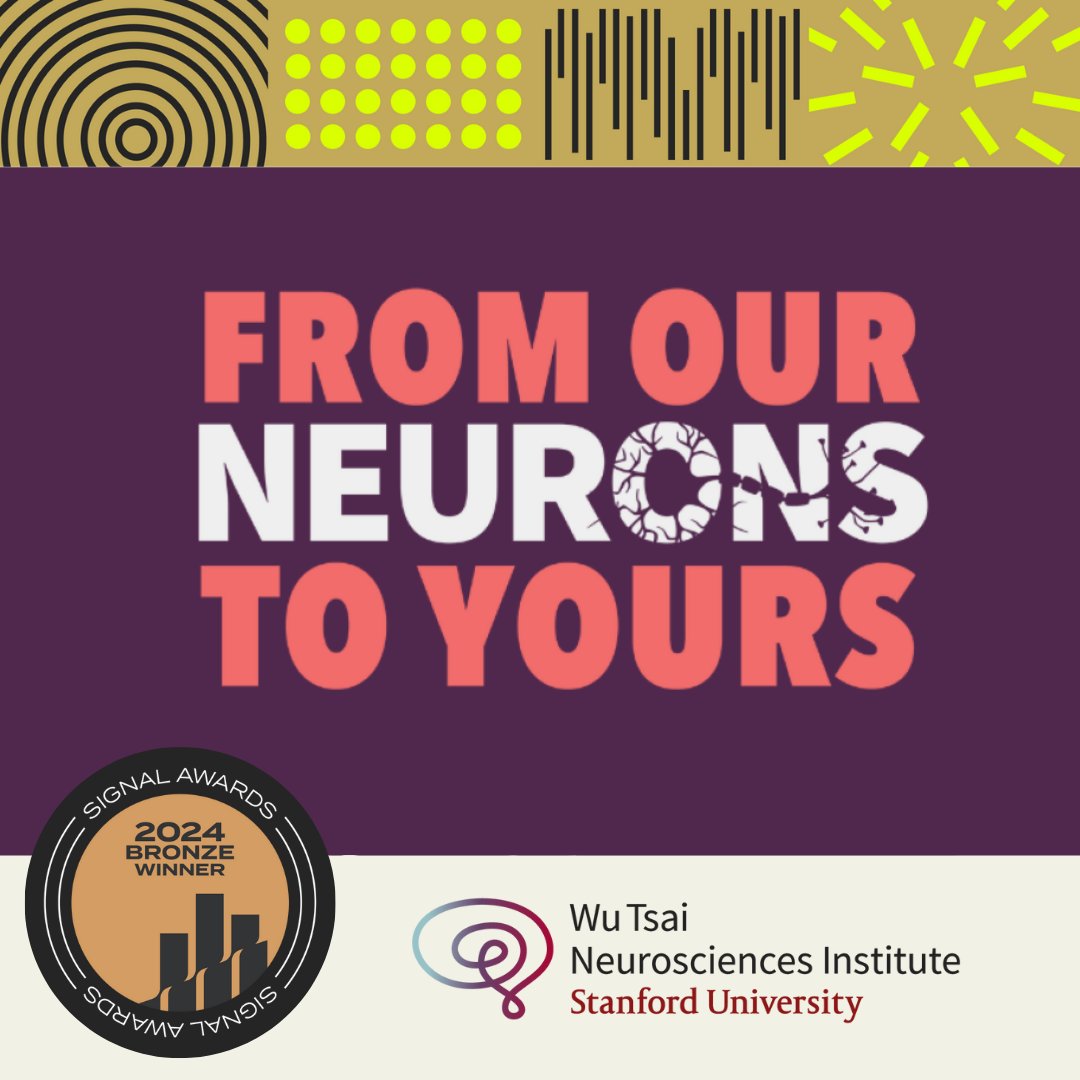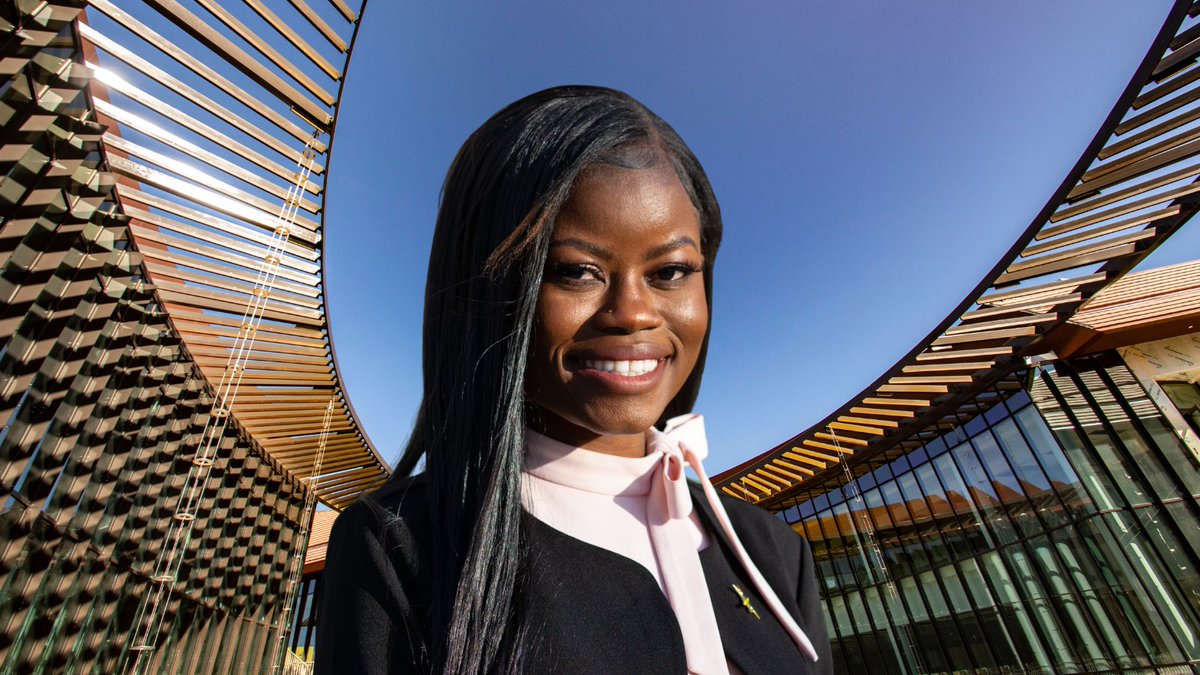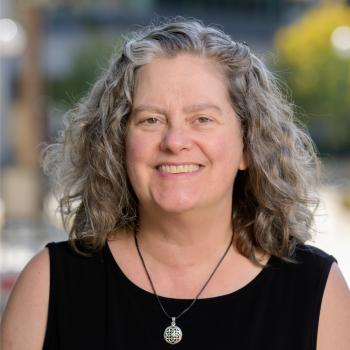
lore_nick
@lore_nick
Comms Director @StanfordBrain. Formerly @UCSF public affairs, @UCSC_scicom Icono-classer, Stanford Neuro PhD. Truth-seeker. Story-teller. Tweets my own.
ID: 15285364
http://nicholasweiler.com 01-07-2008 05:28:54
1,1K Tweet
475 Followers
896 Following

Exciting news! Our Podcast, From Our Neurons to Yours, won a bronze Signal Award in the science category! Thank you to Signal Awards, our incredible host lore_nick, and podcast producer Michael Osborne for making this possible. Check out the podcast: neuroscience.stanford.edu/news/podcast


I'm still dwelling on the deep insights from this conversation — not only how placebo affects the brain's opioid system, but what it means for clinical trials, psychotherapy, and the power of hope in medicine. Thanks Boris D Heifets and Theresa Lii for blowing my mind!



Check out our new Stanford Knight Initiative for Brain Resilience website!


And we're back! So glad to bring you this conversation on the science of sleep and brain health with the wonderful Erin Gibson . Stay tuned for much more on myelin, coming soon on From Our Neurons to Yours!


A great reminder that the more we learn, the more the brain continues to surprise us! Thanks to ZucheroLab (Stanford Neurosurgery) for a great conversation!

NeuroTech trainee and NeURO-CC mentor Favour Nerrise Favour Nerrise فيبر 🇨🇲 will present research using at–home tech and AI to spot brain disease at Stanford's inaugural 3-Minute Thesis competition on April 17. Vote for her in the "People's Choice" category! neuroscience.stanford.edu/news/qa-favour…


Tomorrow, we have Laura Gwilliams Laura Gwilliams on From Our Neurons to Yours! She is an assistant professor of psychology and a faculty scholar at Wu Tsai Neuro and Stanford Data Science. Her research focuses on understanding how the human brain processes speech and language.

It's always a pleasure to talk language and the brain with Laura Gwilliams! This week we had a chance to talk about how LLMs can be thought of as the first non-human system that's actually able to communicate with language — and what that means for neuroscience and linguistics.

Congrats to Kang, Michelle, and all of the other newly elected members of National Academy of Sciences!

It was a pleasure speaking with Daniel Yamins about the future of AI models of the human brain. Talk about frontiers of neuroscience! It's hard imagine what neuroscience research is going to look like when this becomes a reality. I hope you enjoy the conversation!

A newly discovered biomarker in spinal fluid—the YWHAG:NPTX2 ratio—may indicate who will develop dementia and how quickly it will progress, according to a Nature Medicine study led by Hamilton Oh and senior author Tony Wyss-Coray. brainresilience.stanford.edu/news/new-prote…


Loss of mental function as we age is not fate. In fact, you probably know someone who lived into old age with their faculties intact. If they can, why not all of us? On this week's show, Anthony Wagner, Mormino Lab and I set out to answer this question. Enjoy!

This was such a refreshing perspective — asking not just why invasive surgery elevates risk for cognitive decline, but what we can learn from the resilience of patients who heal quickly and successfully? Check out the accompanying feature for more details: brainresilience.stanford.edu/news/under-lig…

Why do some older adults remember better than others, even when equally healthy? A new Knight-supported study led by Jintao Sheng & Anthony Wagner shows 2 distinct pathways that shape memory in aging: 🧠Early Alzheimer’s tau 🧠Moment-to-moment attention brainresilience.stanford.edu/news/two-roads…



